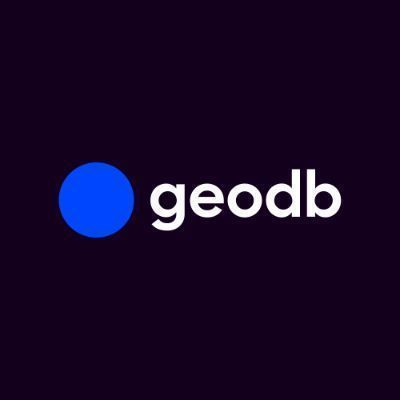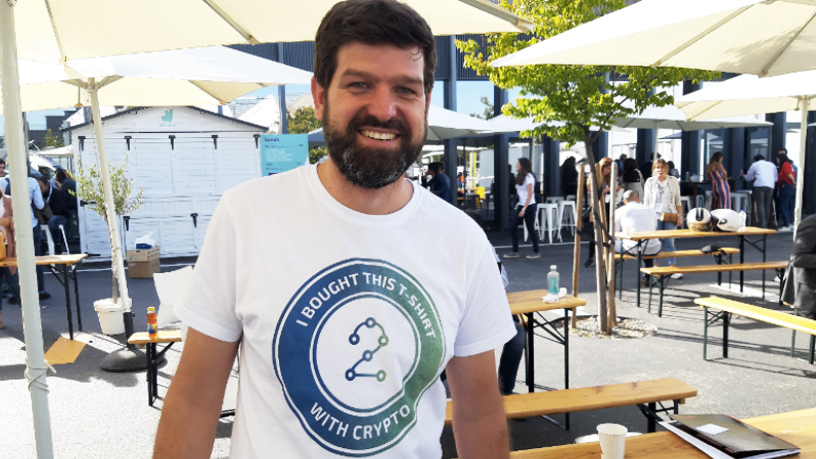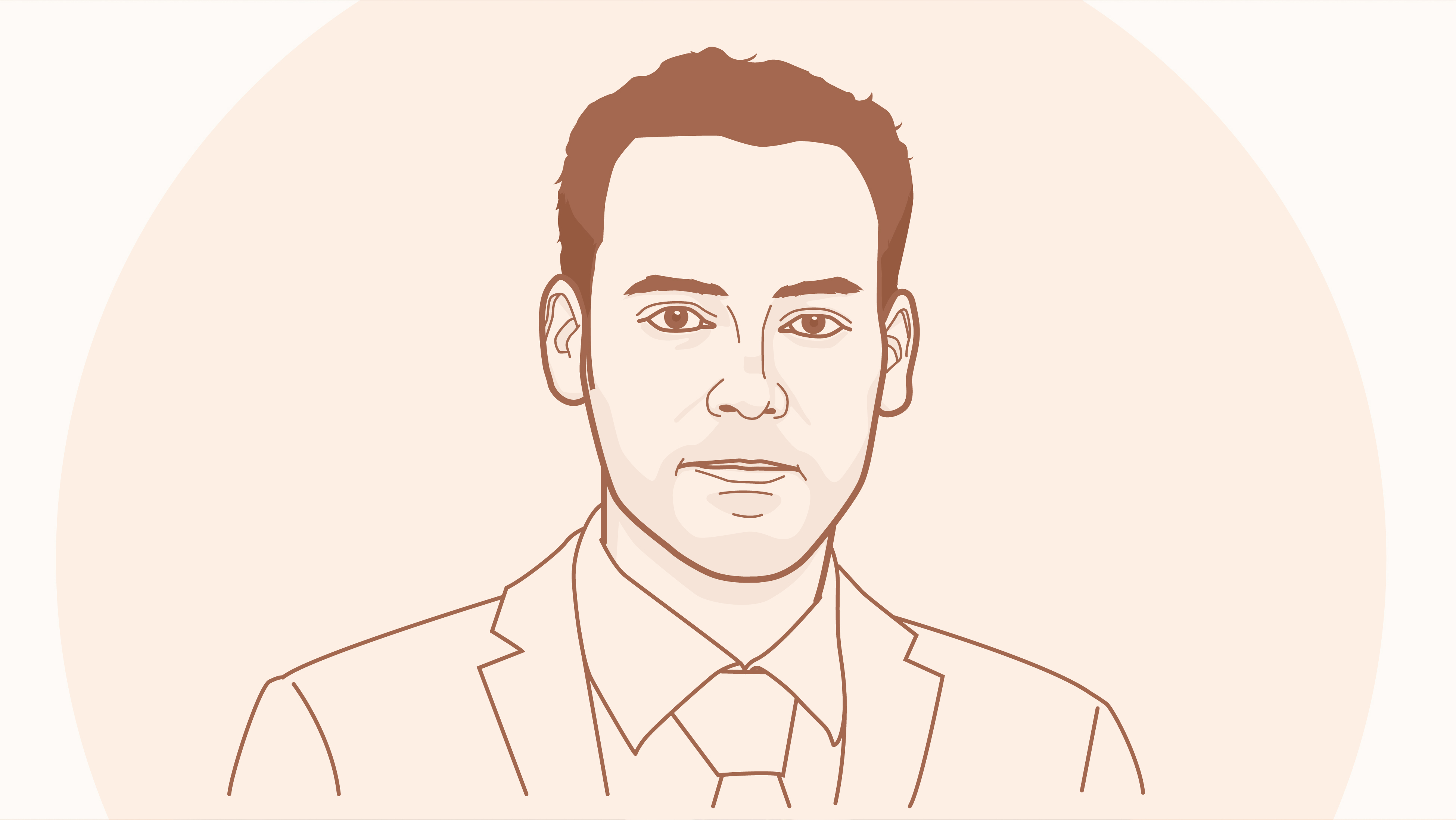Of the 2.5tn pieces of data generated daily worldwide, between 90–95% are wasted because most organizations don't have the resources to capture those datasets spread around the world, according to IDC. Big data is also a global market worth more than $200bn today, but largely accessed only by tech giants and companies that can afford the high costs of data mining.
“It seems unfair that the big data market continues to grow, taking advantage of the free data produced by internet users who are not fairly compensated as real owners of all this information as consumers," Luis Gelado, CEO and co-founder of P2P geolocation data-sharing marketplace GeoDB, said.
Most traditional businesses and SMEs, too, have been at a disadvantage in tapping the value of big data. Unlike tech giants that have the capacity to track consumer behavior and sell curated datasets to marketing and ad agencies, they have limited resources and usage of analytics to help them to improve their products and services. This is where GeoDB plays a crucial role in disrupting the big data market.
Launched in 2018, GeoDB has 12m users from 150 countries sharing the data they generate daily. This has amounted to more than 15m daily data points generated and over 1.3bn data points stored in its database. In exchange for the data shared, GeoDB pays users GEO tokens, its cryptocurrency, which is currently listed on six global exchanges. Initially priced at €0.15, the value of GEO’s cryptocurrency had grown sevenfold since September 2019, the company said in its November 2020 Seedrs campaign.
At the end of 2020, GeoDB said it was developing an ODIN (Open Data Interoperable Network) system that would become its own decentralized P2P data sharing and trading ecosystem. This way, users will move from being merely paid contributors of data to become more active players, including trading the cryptocurrency they earn, in a decentralized economy on a single network.
“We are evolving from a semi-centralized business model platform to a truly decentralized blockchain protocol, meaning technical decentralization and high automation of shared processes and introducing Decentralized Autonomous Organization formed from our community governing the network,” the startup said.
The startup last raised nearly £2.5m in convertible equity crowdfunding on Seedrs from mid November to late December 2020, more than the £2m targeted and adding to the £3m raised since August 2018.
Fair value of data
Gelado and Manuel de la Esperanza were co-founders of Wave, the popular private friends-tracking geolocalization app, in 2014. In GeoDB, their mission is to help consumers to take back control of their digital footprints. Consumers can opt to monetize and share different types of data with a range of business partners, receiving fair compensation in the form of GEO tokens paid by the data buyers. Sacha Gordillo later joined the team as COO and co-founder. With over 10 years of financial trading experience, Gordillo is a cryptocurrency advocate.
The "fair value" of the shared data is determined by the level of demand and pricing set by buyers within the GeoDB ecosystem. Over 700m GEO tokens were generated to kickstart the ecosystem, with about 70% of the cryptocurrency circulated as rewards and incentives for users to monetize their data.
In May 2020, GeoDB launched GeoCash, an app that lets users track operations in their GEO token wallet, including transactions, tokens sent, gains from generating data and the data blocks they have generated.
By making the data marketplace more efficient and transparent, GeoDB believes that less data, a precious commodity, will be wasted or lost. “I'm one of those who thinks that 10 years from now, 95% of business decisions worldwide will be based on data analysis,” Gelado said.
GeoDB partners third-party apps whose users sell their data to GeoDB. With partners like Wave and Wola, it expands its geolocation data marketplace for millennials and Gen Zers, while reaching more women users with Sister, an app that lets women seek help by sending real-time emergency alerts to the authorities. Corporate clients of GeoDB can benefit from the datasets it gets via Trazer, an app that uses real-time location tech to optimize business operations.
Token reward ecosystem
GeoDB uses a simple crypto-economy model to collect diverse datasets by encouraging wide adoption by many types of users around the world. Users can easily upload their data directly onto the GeoDB platform that stores all the encrypted data securely within the blockchain-based ecosystem. Companies and researchers in need of data will send their requests through the platform to access the full spectrum of information available from users who wish to sell their data. The price for the desired data is based on the amount of data required, depending on the volume offered compared to the demand.
The more users, the higher amount of information will help generate more GEO token rewards, which in turn will be traded and circulated in the system. GeoDB earns commissions based on the value of the tokens generated by users or bought with Fiat currencies. Corporate partners can also create their own data generator apps to obtain data from specific consumer profiles via GeoDB. Revenue also comes from the licensing of analytics tools that will run on top of GeoDB's protocol data.
The startup says it currently has strategic partnerships with five big data companies from Europe and LatAm, including AboutGoods, Datalytics and Flame Analytics. They will buy data from GeoDB after its main-net is launched.
GeoDB secured its first funding within a few months of its debut in 2018. A total of €1.2m came from US-based fund Levo Capital, angel investor PadeInvest and Madrid-based family firm Next Chance Invest. The company’s vision is to accelerate the global expansion of the data-sharing marketplace and tokenization of GeoDB's ecosystem into other sectors like mobility, healthcare and sports.















